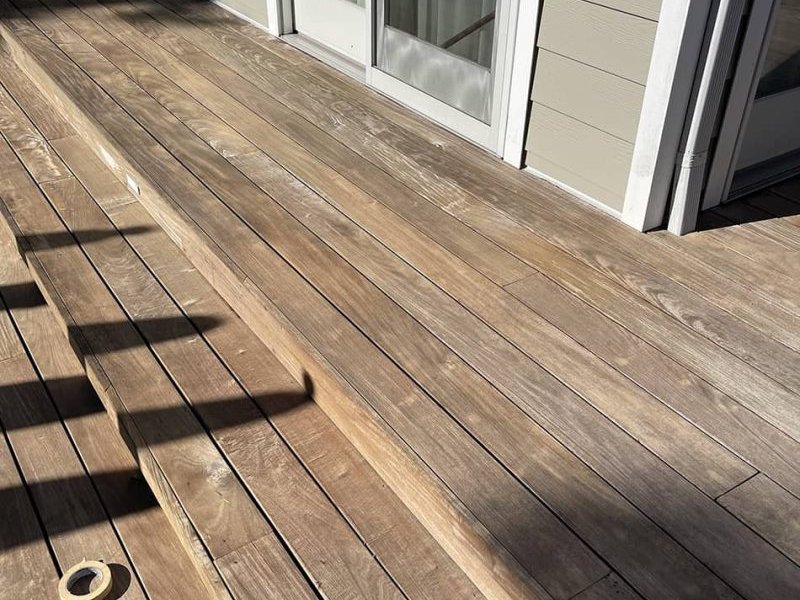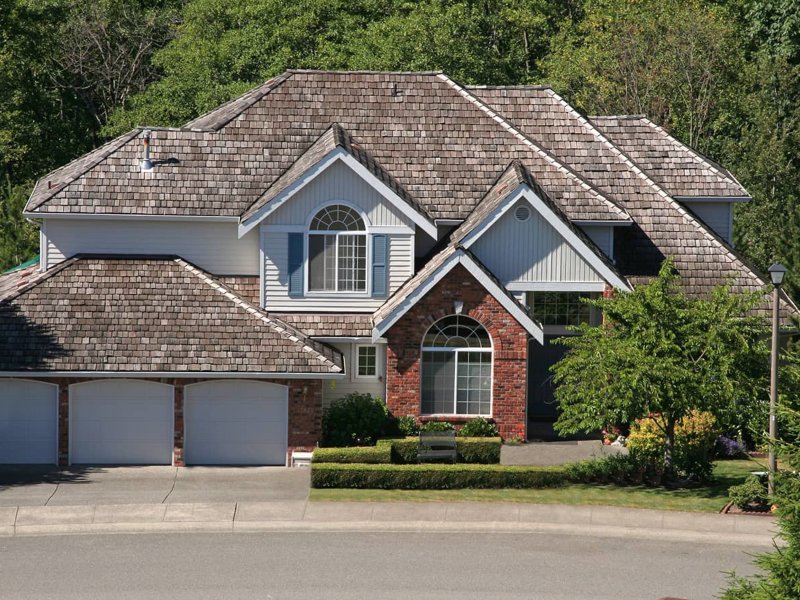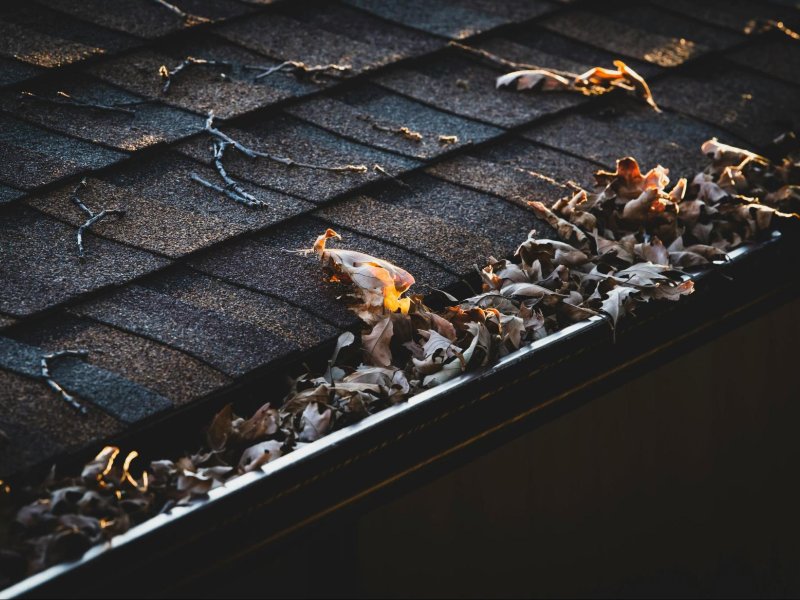Maintaining the exterior of your home is essential for preserving its appearance, structural integrity, and overall value. Soft washing, a low-pressure cleaning method that uses specialized solutions to remove dirt, algae, mold, and other contaminants, is a popular and effective way to keep your home’s exterior surfaces clean. But how often should you schedule soft washing? The answer depends on several factors, including your home’s location, weather conditions, and the materials used on its exterior.
This guide will explore the benefits of soft washing, the factors that influence its frequency, and how to determine the ideal schedule for your home.
Why Soft Washing Matters
Keeping your home looking amazing will bring the benefits of having a clean exterior. Our friends at Maritime Property Services have provided us with some of these advantages:
1. Preserves Curb Appeal
Over time, dirt, algae, and mildew can build up on your home’s exterior surfaces, leaving unsightly stains. Regular soft washing restores your home’s appearance, enhancing curb appeal and making it look well-maintained.
2. Protects Surfaces
Soft washing is gentle enough for delicate surfaces like siding, roofs, and wooden decks. Unlike high-pressure washing, it won’t damage your home’s materials while effectively removing contaminants that can cause deterioration.
3. Improves Health and Safety
Mold, mildew, and algae growth can pose health risks to you and your family. Soft washing eliminates these hazards, improving the safety of your living environment.
4. Extends Lifespan of Materials
By removing harmful contaminants, soft washing prevents premature wear and tear, extending the lifespan of your home’s siding, roof, and other exterior components.
Factors That Influence the Frequency of Soft Washing
1. Climate and Weather Conditions
Homes in humid or rainy climates are more prone to algae, mold, and mildew growth. If you live in such an area, you may need to soft wash your home more frequently—perhaps every six months to a year.
Conversely, homes in dry climates may not require soft washing as often. However, dust and dirt can accumulate over time, necessitating occasional cleaning.
2. Location of Your Home
The environment around your home plays a significant role in determining how often you need soft washing:
- Near Trees or Vegetation: Homes surrounded by trees or dense vegetation are more likely to experience mold, algae, and sap buildup.
- Close to Water Bodies: Proximity to lakes, rivers, or the ocean increases the likelihood of mildew and salt deposits.
- Urban Areas: Homes in cities may accumulate more dirt, soot, and pollution, requiring frequent cleaning.
3. Type of Exterior Materials
Different materials react differently to environmental elements:
- Vinyl Siding: Typically resistant to dirt and mold but may still require annual cleaning.
- Brick: Porous and more prone to algae growth, potentially needing soft washing every 1-2 years.
- Stucco and Wood: Delicate surfaces that benefit from regular maintenance, usually every year or two.
4. Previous Maintenance
If your home hasn’t been cleaned in a long time, it may require more frequent soft washing initially to remove accumulated grime. Once a clean baseline is established, you can extend the intervals between washings.
5. Homeowner Preferences
Some homeowners prefer to maintain a pristine appearance and schedule soft washing more frequently, while others may opt for a less rigorous schedule.
Recommended Soft Washing Schedules
While the ideal schedule varies, the following guidelines can help you determine how often to soft wash different parts of your home:
1. Roof
- Frequency: Every 2-3 years, or more often if algae and moss are prevalent.
- Why: Prevents the growth of damaging organisms that can compromise the roof’s integrity.
2. Siding
- Frequency: Annually or every 2 years.
- Why: Removes dirt, mold, and mildew that can discolor or damage siding.
3. Driveways and Walkways
- Frequency: Annually.
- Why: Keeps surfaces safe and free from slippery algae and stains.
4. Decks and Patios
- Frequency: Every 1-2 years, depending on exposure to the elements.
- Why: Preserves wood and other materials, preventing rot and wear.
5. Fences
- Frequency: Every 1-2 years.
- Why: Maintains aesthetic appeal and prevents deterioration.
6. Windows and Screens
- Frequency: Every 6 months to a year.
- Why: Enhances visibility and prevents the buildup of grime and mold.
Benefits of a Regular Soft Washing Schedule
1. Cost Savings
Regular maintenance reduces the need for expensive repairs by preventing damage to your home’s exterior surfaces.
2. Enhanced Property Value
A well-maintained exterior makes your property more attractive to potential buyers and can increase its market value.
3. Healthier Living Environment
Removing mold, mildew, and algae ensures a healthier environment for your family, especially for those with allergies or respiratory issues.
4. Increased Longevity
Routine soft washing helps your home withstand the elements, extending the life of its materials and surfaces.
Tips for Scheduling Soft Washing
1. Seasonal Considerations
Spring and fall are ideal times for soft washing, as they follow seasons when your home is more likely to accumulate dirt and debris.
2. Hire Professionals
While DIY soft washing is possible, hiring experienced professionals ensures the job is done safely and effectively without damaging your home.
3. Bundle Services
Combine soft washing with other exterior maintenance tasks, such as gutter cleaning or window washing, to save time and money.
4. Monitor Your Home’s Condition
Keep an eye out for signs of dirt, mold, or algae buildup, and adjust your soft washing schedule as needed.
Conclusion
The frequency of soft washing depends on your home’s unique needs, including its location, climate, and materials. By scheduling regular cleanings and monitoring your home’s condition, you can maintain its beauty, protect its structural integrity, and ensure a safe and healthy environment for your family. Whether you opt for annual cleanings or more frequent maintenance, soft washing is a valuable investment in the longevity and appeal of your home.






